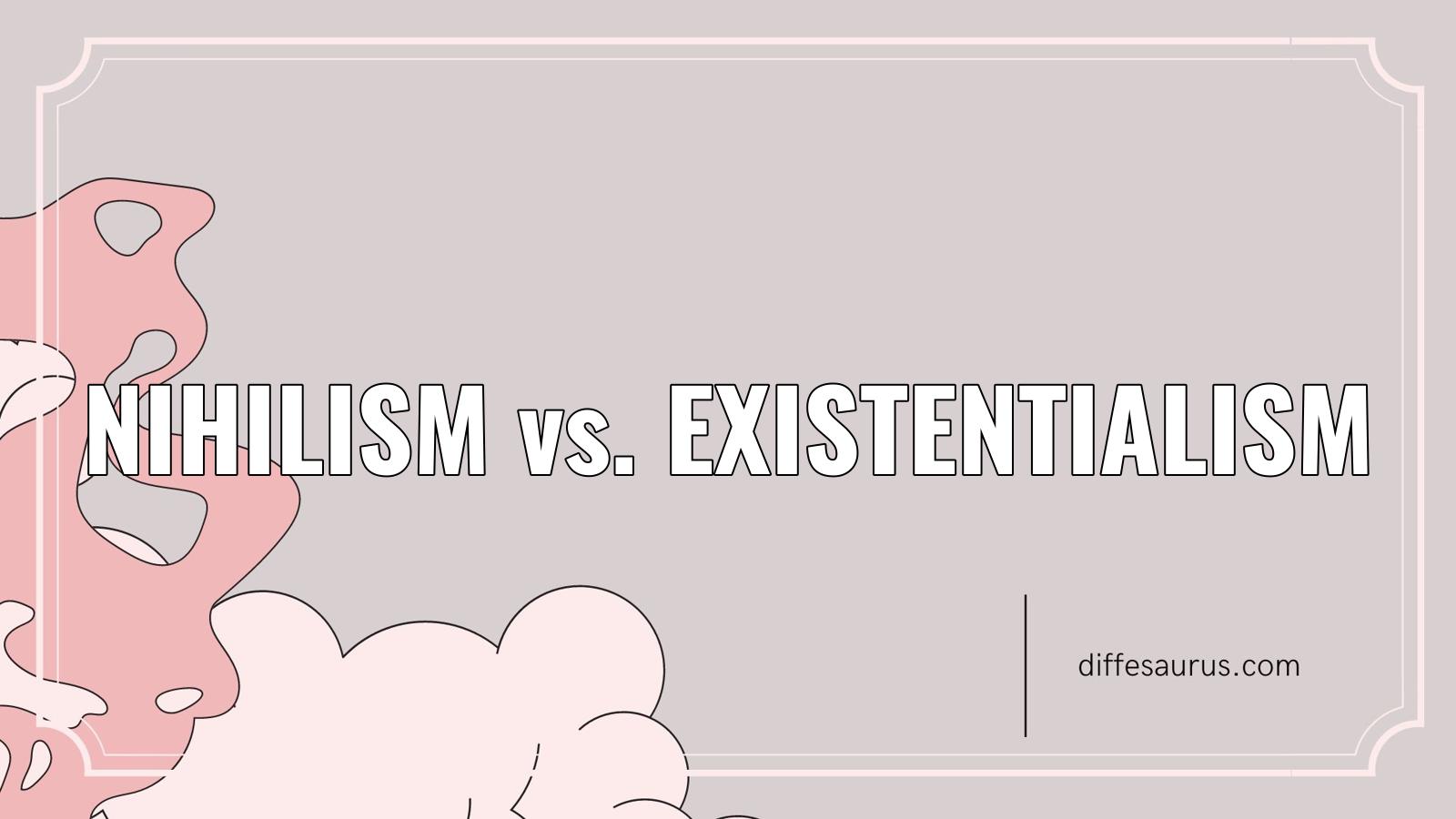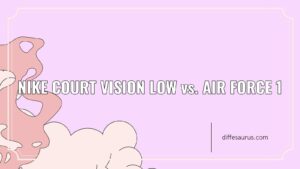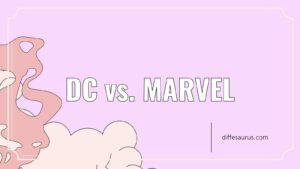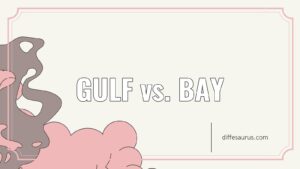In the 19th and 20th centuries, modernity came into its full potential and with it came a crisis of meaning that we call Nihilism.
Nihilism is the belief that no matter what, nothing matters. To confront and deal with meaninglessness is what existenceism is about.
Is nihilism and existentialism?
Existential nihilism believes that life has no value or meaning. It suggests that the entire human species is unimportant and unlikely to change.
Was Nietzsche a nihilist or existentialist?
Friedrich Nietzsche is associated with nihilism the most among philosophers. There is no structure or order in the world except what we give. The nihilist discovers that all values are baseless and that reason is impotent after Penetrating the faades. There is simply no true world and every belief is false. He believes that nihilism requires a repudiation of all values and meaning.
Do existentialists believe in God?
Radical Existential Christians’ faith is based on their experience of God indwelling in human terms. It is suggested that people don’t make or create their Christian existence because they don’t have to. It is possible that the radical Protestants of the 17th century were in some way aligned with the radical Christianity of the time.
What is the difference between nihilism and existential nihilism?
It has been associated with the belief that life is meaningless for most of the 20th century. The world is without meaning or purpose, according to Existential nihilism. All action, suffering, and feeling is meaningless and empty because of this circumstance.

Is existential nihilism the same as existentialism?
Existentialism answers the questions that arise from Nihilism. Nihilism says that we came from nothingness, so do whatever you want.
What is the opposite of existential nihilism?
The opposite would be any theory in which life has objective meaning, purpose and/or intrinsic value.
What are the 2 types of nihilism?
Passive and active nihilism refer to two approaches to nihilist thought; passive nihilism sees nihility as an end in itself and active nihilism tries to surpass it. The modern condition of resignation or unawareness towards the dissolution of higher values brought about by the 19th century is further encapsulated by passive nihilism for Nietzsche.
What is nihilism in simple terms?
Nihilism believes that all values are meaningless and that nothing can be said or done. Friedrich Nietzsche argued that nihilism would cause the greatest crisis in human history because it would destroy moral, religious, and metaphysics. In the 20th century, nihilistic themes- Epistemological failure, value destruction, and Cosmic purposelessness- have preoccupied artists, social critics, and philosophers. By the end of the century, an attitude of indifference, often associated with antifoundationalism, came about as a response to nihilism.

Was Buddha a nihilist?
One of the first pioneers to explore Buddhism in the west was Nietzsche. Buddhism is described as passive nihilistic with the purpose of acting as a temporary salve for those suffering in The Will to Power. According to scholars, the general view of Buddhism during his time was connected to the collapse of traditional values in Europe, and such portrayals were more a reflection of what was happening in Europe than an accurate portrayal.
What is the most important difference between nihilism and existentialism?
A Nihilist would say you are nothing and that it wouldn’t matter. As you create your reality, an Existentialist would say that you are anything you want to be. One decides if there is no God or source, there is no point. The other says that your life’s fate is in your own hands, as you make your own choices.



